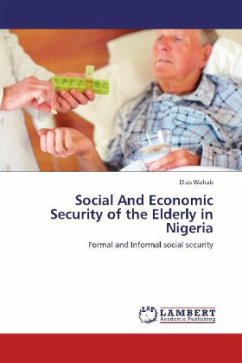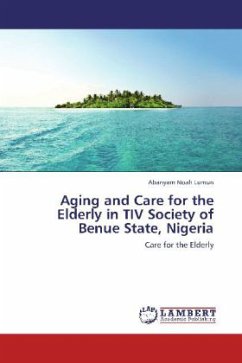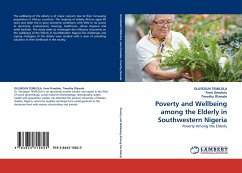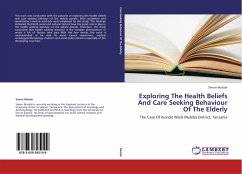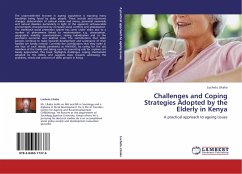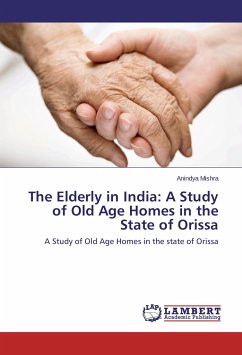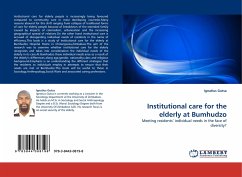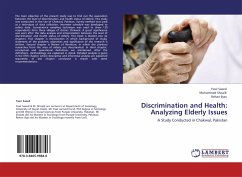The extended family system has been the most important institution providing care and support for the elderly in Nigeria. However, the continued breakdown in traditional values, ascendancy of the nuclear family and deteriorating economic conditions have all resulted in declining family support for the elderly. Government support for the elderly, mainly in the form of gratuity and pension, is available to the relatively small number who retired from public service. As a result, the majority of the elderly face considerable hardship. Therefore, this study examines the living conditions of the elderly and their social and economic security. Five out of 11 Local Government Areas (LGAs) in Ogun and Lagos states identified as Ijebu settlements were randomly selected, namely: Ikorodu, Epe, Ijebu Ode, Shagamu and Ijebu North. The methodology comprises quantitative and qualitative methods involving survey research, focus group discussion (FGDs), and in-depth interviews (IDIs). Sixteen FGDs were conducted among participants aged 60 years and above, categorised into male/female, rural/urban, literates/ illiterates, and formal/informal employment groups. Ten IDIs were conducted with community
Bitte wählen Sie Ihr Anliegen aus.
Rechnungen
Retourenschein anfordern
Bestellstatus
Storno

